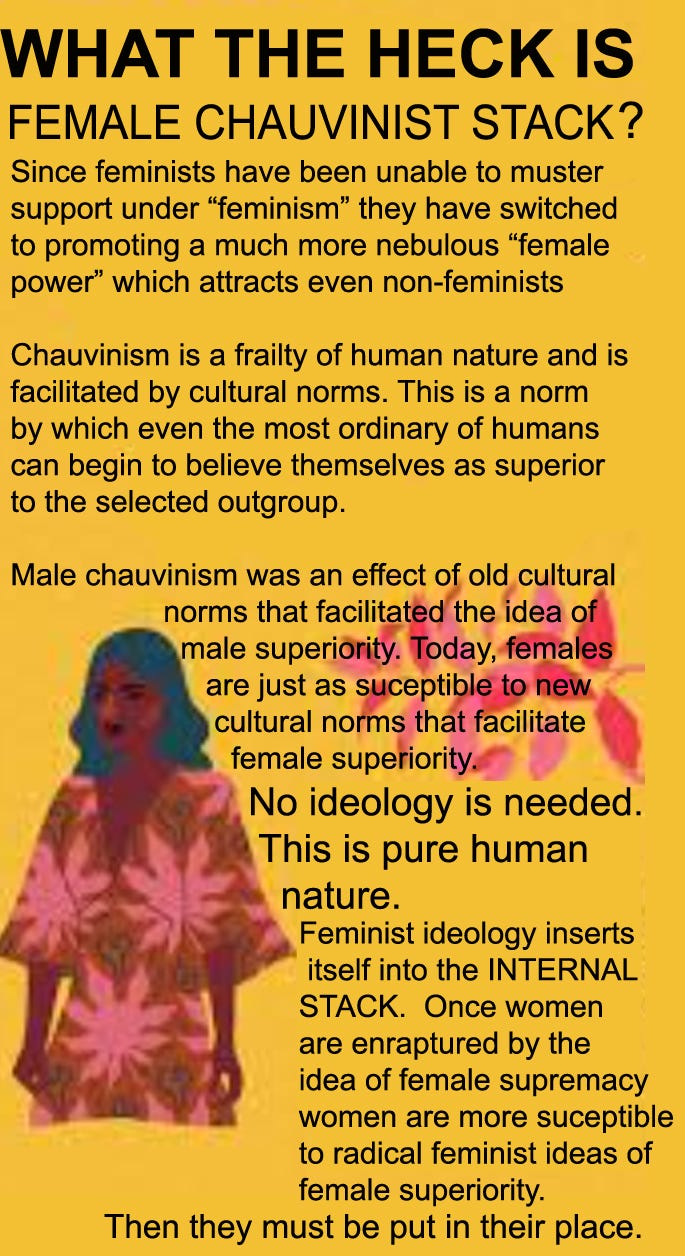Black Female Self-Esteem Advantage
Black women have the highest self-esteem while simultaneously claiming the most grievance.
While interviewing social scientist Eric Kaufmann last year about his book Taboo: How Making Race Sacred Produced a Cultural Revolution, he explained how sanctifying minorities over decades fueled mainstream progressive policies like Diversity, Equity, and Inclusion (DEI). These policies, he argued, aimed to protect “minority self-esteem,” spawning speech codes and, ultimately, the current assault on free speech. His mention of minority self-esteem piqued my interest, given one of social science’s most consistent findings over the past 60 years: the Black Self-Esteem Advantage (BSEA). Curious, I asked Eric if he knew of this research. He didn’t.
BSEA refers to the well-documented and highly replicated phenomenon where people of sub-Saharan African descent report higher self-esteem and well-being than those of Hispanic, Asian, Middle Eastern, or Northern European descent. This trend holds across all ages1. When broken down by sex, White and Hispanic men report higher self-esteem than their female counterparts, while Black men and women show similar levels. No statistical significance was found in levels of SE among Asian men and women, but they emerged with the lowest levels of all.
In the progressive “intersectional stack” of grievance, Black individuals—especially Black women—are placed at the pinnacle, while White, cisgender heterosexuals languish at the bottom.
Yet BSEA research reveals a twist: Unlike other groups, Black self-esteem relies less on external validation—like approval from others, appearance, family support, competitive success, or moral virtue—than on intrinsic factors. These include subjective confidence, God’s love, and self-assessed interpersonal charm or attractiveness. In short, it’s less tied to meritocratic benchmarks
The reasons why Black men and women have higher SE are somewhat speculative. The two studies I looked at for this article mentioned several hypotheses that could explain the phenomenon but offered no definitive conclusions. Some of these explanations included:
Self-Protective Properties of Stigma: Attributing setbacks to systemic prejudice shields self-esteem.
Stronger Group Identity: A robust racial identity bolsters confidence.
Cultural Endorsement of Individualism: Greater emphasis on personal agency enhances self-worth.
Intersectionality: The interplay of race and gender reinforces self-esteem.
Positive Social Comparisons: Comparing favorably within their racial group lifts morale.
More research is needed, but as it stands, this research challenges the liberal social science narrative Eric critiqued—a narrative that assumes Black egos are fragile and need safeguarding. Instead, the data shows Black men and women have the highest self-esteem while simultaneously claiming the most grievance.
This disconnect has real-world implications, especially as corporate DEI initiatives peaked over the last four years, amplifying Black feminist tropes in politics and workplaces. When DEI beneficiaries—particularly Black women—face scrutiny for underperformance, their reflex is often to invoke stigma’s self-protective shield, blaming racism or sexism rather than owning shortcomings. Two high-profile cases illustrate this dynamic.
What you talkin’ about, Willis?
First, we have Fulton County District Attorney Fani Willis.
Willis indicted Donald Trump for conspiring to unlawfully change the outcome of the 2020 Presidential election in Georgia and thus violating Georgia's RICO (Racketeer Influenced and Corrupt Organizations) Act. If convicted he faced up to 25 years in prison. Co-defendant, Michael Roman, subsequently accused Willis of impropriety in hiring Nathan Wade as special prosecutor on the case, giving him a salary way above his pay grade, lying about the fact she was having an affair with him, and benefiting kickbacks from the aforementioned wages of sin.
Willis did not have to testify, but she did and gave us the spectacle of her entering the Georgia Court of Appeals with all the confidence and air of Cleopatra entering Rome.
What followed was a masterclass in BSEA and stigma deflection. Facing damning evidence, Willis leaned on her identity as a Black woman as her ultimate shield. When pressed for receipts to prove she reimbursed Wade for lavish trips (negating kickback claims), she claimed she paid him back in cash. Where did the cash come from? The bank? Cash App? Paypal? An ATM? Nope. From a cash stash she always kept in her house - up to $15,000! Her father taught her to always keep cash handy, a tip she urged all women to follow. Defense attorney Ashley Merchant pressed for clarity:
Merchant: The money you paid Mr Wade, the cash, in October of 2022, you do not know where that money came from?
Willis: I do know where it came from. It came from my sweat and tears!
Righty-o!
Basically, she paid him from a vague stash of thousands under her mattress. To many, that would smell like money laundering. Willis equivocated further by framing demands for proof as attacks on her sacred Black womanhood. Disqualified from the Trump case due to impropriety, she later took to a church pulpit, decrying racism and sexism—never mind the affair with a married man or misused taxpayer funds.
“Ghetto SuperMayor”
Then there’s Tiffany Henyard, elected mayor of Dolton, Illinois, in 2021 and supervisor of Thornton Township in 2022. Her tenure has been a whirlwind of alleged corruption: financial mismanagement, embezzlement, intimidation, and fraud. Dolton’s $5.61 million surplus evaporated as spending spiked—police costs alone jumped 21%. Critics allege Henyard repurposed officers into a 24/7 security detail and “personal valets,” costing taxpayers over $1 million.
Henyard’s response? Unshakable confidence and deflection. Dubbed the “Ghetto SuperMayor,” she’s dismissed critics as racist and sexist, leaning on her identity rather than addressing the charges. Her swagger exemplifies BSEA, but her governance raises questions about competence.
Takeaway
These cases highlight a paradox: while “woke” DEI policies aim to dismantle systemic barriers, they’ve also elevated individuals whose inflated self-esteem—untethered from merit—can mask overconfidence. Black women, often DEI’s poster children, may overestimate their abilities, and when challenged, they fall back on systemic excuses rather than self-reflection. This isn’t to deny racism or sexism but to suggest that BSEA complicates the narrative. As we critique woke ideology, we must also confront this subtler issue: unchecked self-esteem in DEI hires risks prioritizing identity over capability.
My next essay will tie in these arguments to what I see as the rise of female chauvinism in our culture and the covert hierarchies within it.
over 10 years of age






What I'm about to write will sound like I'm trying to get off a zinger, but I'm not. I mean it plainly and literally.
What is referred to as "self esteem" in this context is, in my view, simply pathological narcissism.
Deadass? Damn I didn’t get mine 😞